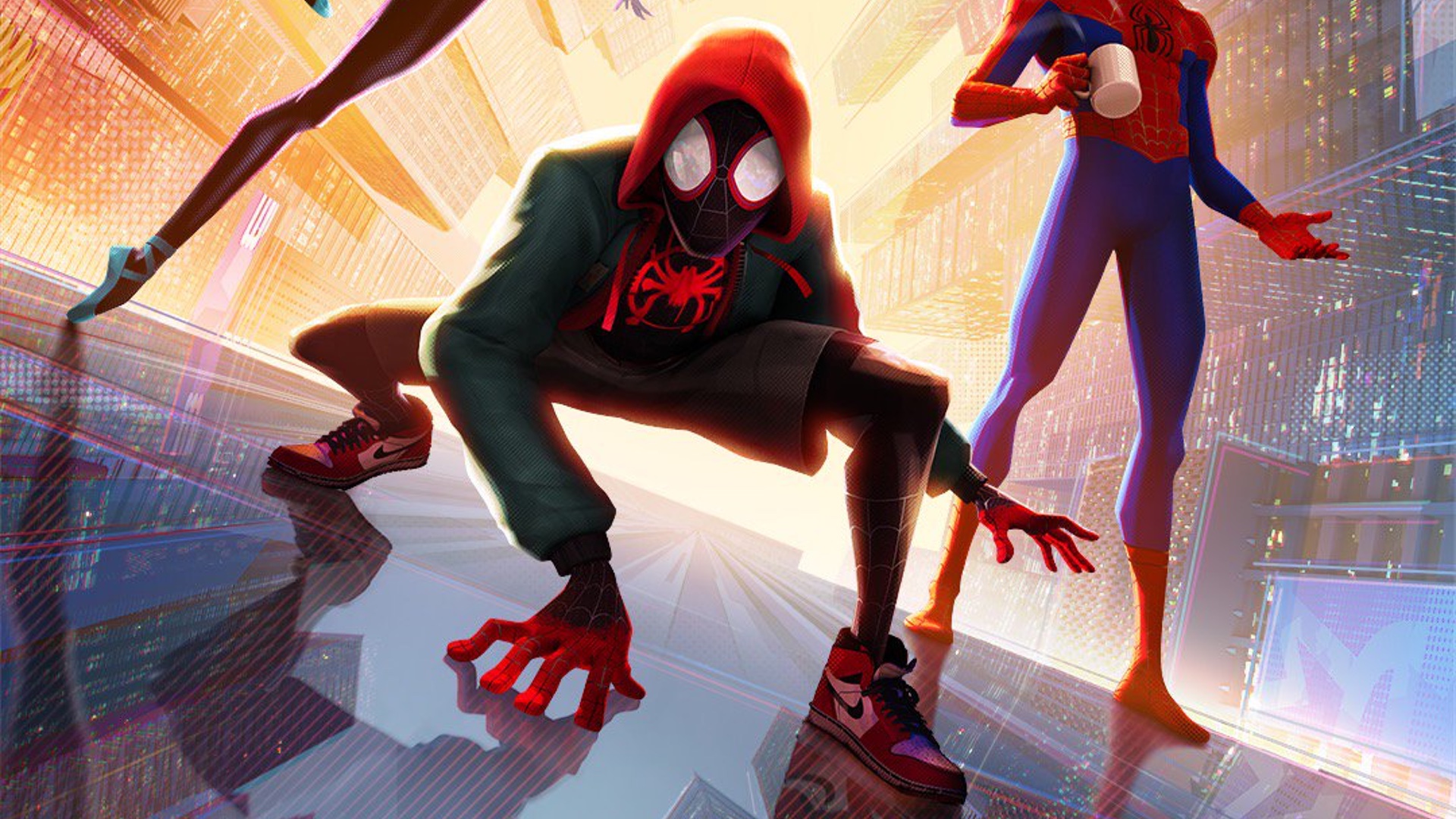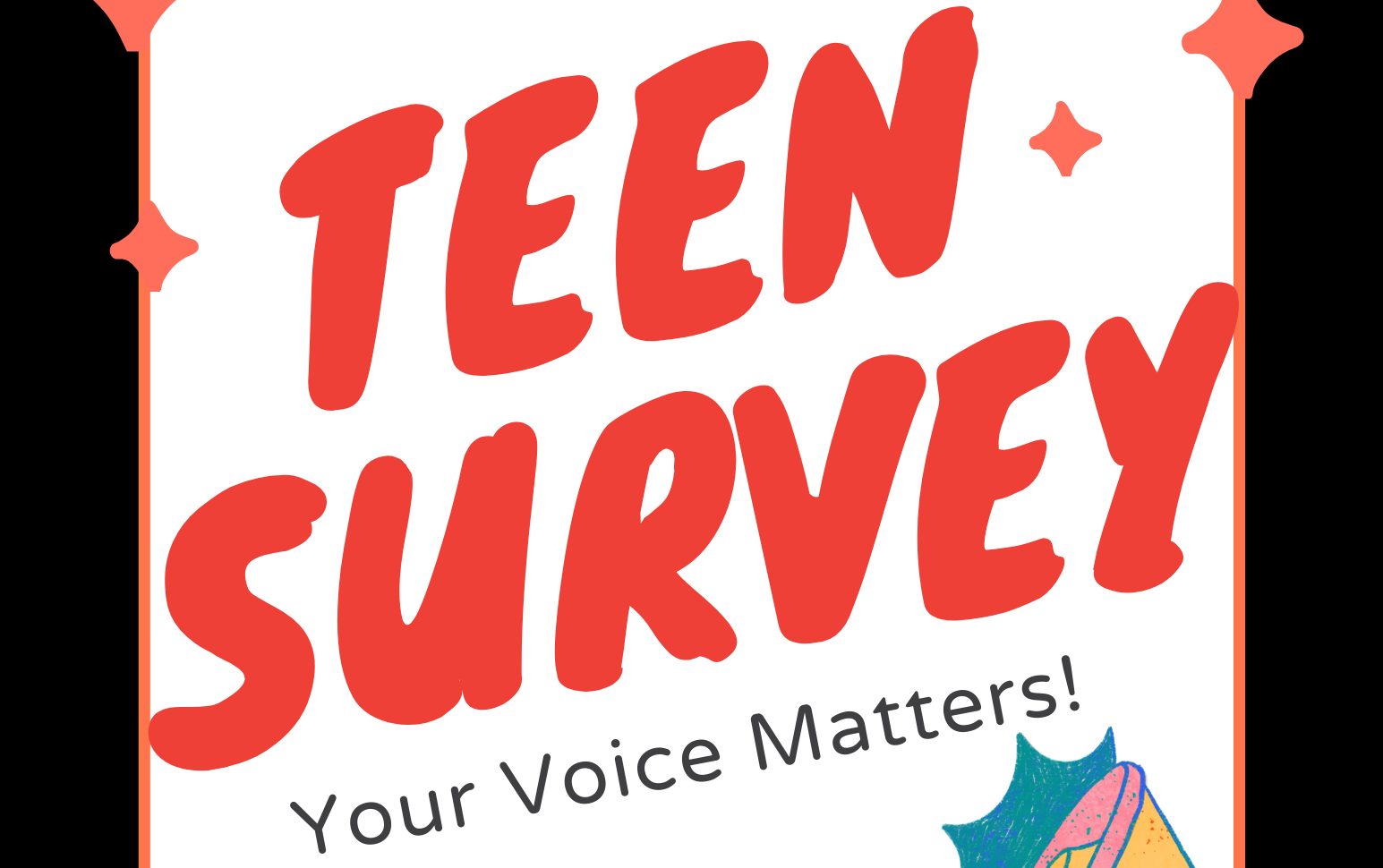As I walked into the theater to do a review on “Spider-Man: Into the Spider-Verse,” I thought of the question that often comes to my mind when I watch black entertainment; “Is this gonna stretch the fact that the main character is black to an extreme?”
Now don’t get me wrong, I love a couple of Tyler Perry movies, specifically, “Madea’s Witness Protection” and “Diary of a Mad Black Woman,” but these movies have been separated from mainstream Hollywood and put in their own category. You could definitely catch “Diary of a Mad Black Woman” on BET or VH1, but probably not on FX or TNT.
Of course, movies with a majority black cast have gained massive attention lately, with huge successes like “Black Panther” and “Get Out,” two absolutely amazing movies that put black film in the spotlight. Much like how “Black-ish” let Americans see that successful black families actually exist in America. But answering the question I initially asked, the new Spider-Man movie totally did the total opposite and I enjoyed it. A lot.
What’s it about?
Miles Morales, a teenager who just transferred schools in Brooklyn, finds it hard to fit in at his school, so he sneaks out to his uncle’s house. There, he gets bitten by a radioactive spider and has to learn with his new powers. Doing that, he finds other people just like him, and throughout the movie, they help him learn his new powers and use them to ultimately defeat Kingpin, the main antagonist in the movie.
The movie presents his family as your typical working middle-class family. His father, who Miles struggles to get along with throughout the movie, is a police officer who truly cares for his family and only wants the best for Miles. His mother, who is a nurse shows up very little in the movie. One relationship that was really easy to connect with was Miles’ relationship with his uncle, which was really relatable to me.
What I personally enjoyed
The animation in this movie is by far the most beautiful I’ve seen all year. The motions and the way each character is designed is very rich and fluid and it really is an eye-catcher. Something that I particularly found really cool was the comic book introductions and the captions that would show in a comic book text whenever something action packed or dramatic occurred.
My favorite aspect of the movie is how Miles is who he is. Race always comes up at school and there’s always some stereotype that I do or don’t fit into. I often ask the question to myself, “Why does everything have to be about race? Why can’t I just be myself?” A lot of my black friends have had to face this question as well. If we do something that isn’t considered “black,” like wear a certain outfit or listen to a certain artist, we’re immediately called white and made fun of. This movie truly feels like an escape from that mindset and it only made the experience better. Although Miles is African-American and Latino, the movie never points it out, or even mentions it once, which honestly shocked me. He’s just a normal kid, who happens to be black, and in a lot of times in movies, it’s the complete opposite.
In theaters now, “Spider-Man: Into the Spider-Verse” is hilarious, action-packed, and most importantly, has made Hollywood colorblind.





I want the same costume
It is mentioned, he’s half black and half porturican.